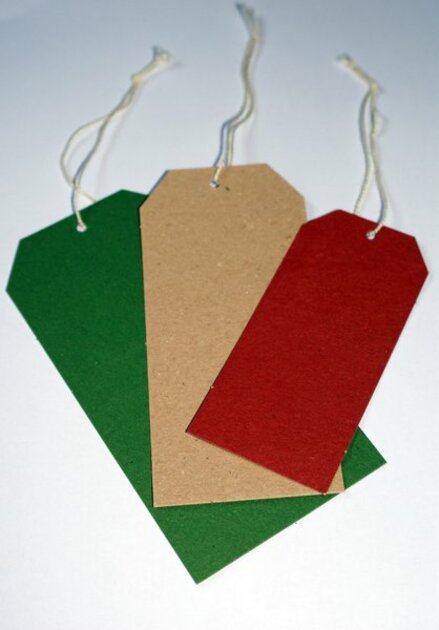
This Gemara quotes an argument based on the simple reading of a verse.
×קר×گ ×ל×گ דיבר ×”×›×ھוב
Sometimes the plainly evident verse becomes a source of halakha, even in later generations. For example, an interesting shaalah was asked to the Noda BeYehuda ( ×ھשוב×ھ × ×•×“×¢ ביהודה יו״ד ×گ ×،×™××ں ×،×ک).
A person was engaged and after the tenaim the grandfather of the Kallah became an apostate. Since this was considered a great disgrace, could the Chosson’s side call off the engagement without financial penalty? Furthermore, the grandfather was already known to eat non-kosher food before the engagement so the Kallah’s side maintained that the Chosson’s side knew what they were getting into.
The Noda BeYehuda ruled that they may break the engagement and brought out a few fascinating points:
- They may break the engagement because it is an open verse, ×קר×گ ×ל×گ, (Exodus 20:5) ”Visiting the guilt of the parents upon the children, upon the third and upon the fourth generations of those who reject Me.”
- Even though the rabbis teach us that the punishment only befalls those who follow in the evil footsteps of the prior generation (“of those who reject me”), the Chosson’s family are still entitled to object. The reason being, that should any of the later descendants sin, they will not only receive punishment for their sole sin, but also receive punishment for the great grandparents’ sin, as per the verse.
- Even though the Kallah’s Family maintained that it was a known matter that the grandfather was already a sinner and ate non-kosher food, that sin was no way near in comparison to the sin of becoming an apostate. The language of the Noda BeYehuda was interesting in that he almost downplayed the sin of eating non-Kosher as a “mere negative prohibition”. We are of course used to treating certain sins as the standard of being Jewish, thus not eating kosher is culturally felt as a declaration of defection. However, halakhically while not something to celebrate, it is far from apostasy. This is important to keep in mind when dealing with various sinners who violate cultural norms.
- Lastly, the Noda BeYehuda points out that this situation only applies to direct descendants. However, if it was a brother or uncle or aunt or sister, it would not be proper to call off the shidduch, as the verse plainly states sons and sons of sons etc.
Translations Courtesy of Sefaria, except when, sometimes, I disagree with the translation ![]()
If you liked this, you might enjoy my Relationship Communications Guide. Click on the link above.
Rabbi Simcha Feuerman, Rabbi Simcha Feuerman, LCSW-R, DHL is a psychotherapist who works with high conflict couples and families. He can be reached via email at simchafeuerman@gmail.com
 Previous
Previous

